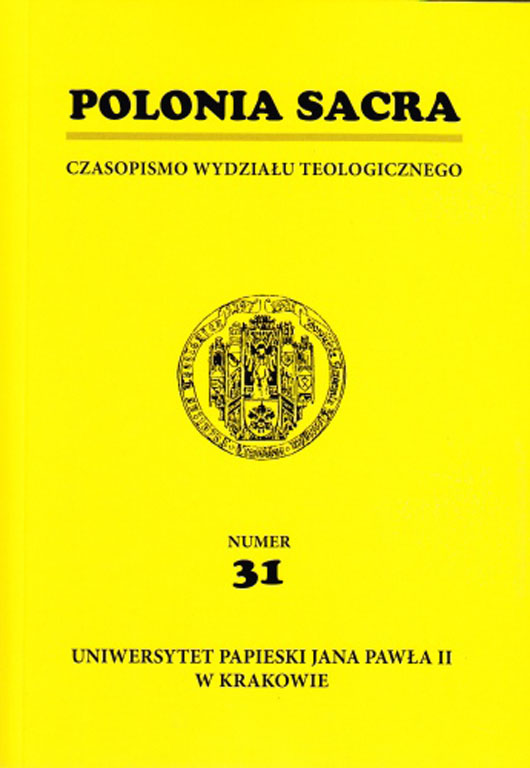„Nowe” problemy wychowawcze w dobie „nowych” mediów
DOI:
https://doi.org/10.15633/ps.515Abstrakt
The aim of the classical pedagogy used to be the moulding in a person the virtues and moral values useful in the honest life. Postmodernism led to many cultural changes as well as the whole concept of education. Postmodernist education gave priority to the promotion of freedom, the rejection of absolute and moral values. It should be up to a person to decide what is true and what is false, what is good and what is evil. This concept of education is quite dangerous for the development of “new media”. Nowadays, the main educator for a large number of children and teenagers became the Internet. Besides all the advantages, there are various traps which await them online. For more than half a milliard people in the world, out of that more than 8 million in Poland, the modern “god” is Facebook, founded by Mark Zuckerberg in 2004. Lot of children and young people spend hours in virtual network. They are everyday household members of Facebook, Twitter, MySpace, YouTube, Communicators and blogs as well as the slaves of computer games. The computer network addicts and leaves sometimes dramatic marks in their lives. For many of them the Internet became an addiction which already requires treatment and therapy. Lot of them live in a permanent daze what results in social isolation, loneliness, growing aggression and falling into pornography and satanism. The children and young people become unaware victims of the virtual-reality matrix. It is more and more difficult for them to find themselves in the real world. They need help and support. They need therefore, wise educators and appropriate upbringing which will help them to distinguish good from evil and choose the GOOD.Pobrania
Opublikowane
2012-12-12
Numer
Dział
Artykuły
Licencja
Prawa autorskie (c) 2012 Arkadiusz Olczyk

Utwór dostępny jest na licencji Creative Commons Uznanie autorstwa 4.0 Międzynarodowe.
Autorzy publikujący w czasopiśmie udzielają jego wydawcy zgody o następującej treści:
- Autor zachowuje autorskie prawa majątkowe do utworu, a jednocześnie udziela wydawcy czasopisma zgody na jego pierwszą publikację w wersji drukowanej i wersji online na licencji Creative Commons Uznanie autorstwa 4.0 Międzynarodowe oraz zgody na wykonywanie opracowań, w tym przekładów.
- Autor ma możliwość udzielania zgody niewyłącznej na opublikowanie utworu w wersji, która ukazała się w czasopiśmie (np. zamieszczenia go w repozytorium instytucjonalnym lub opublikowania w książce), wraz z informacją o jego pierwszej publikacji w czasopiśmie.
- Autor może umieścić swój utwór online (np. w repozytorium instytucjonalnym lub na swojej stronie internetowej) jeszcze przed zgłoszeniem utworu do czasopisma.
Jak cytować
Olczyk, A. (2012). „Nowe” problemy wychowawcze w dobie „nowych” mediów. Polonia Sacra, 16(2), 75–85. https://doi.org/10.15633/ps.515

